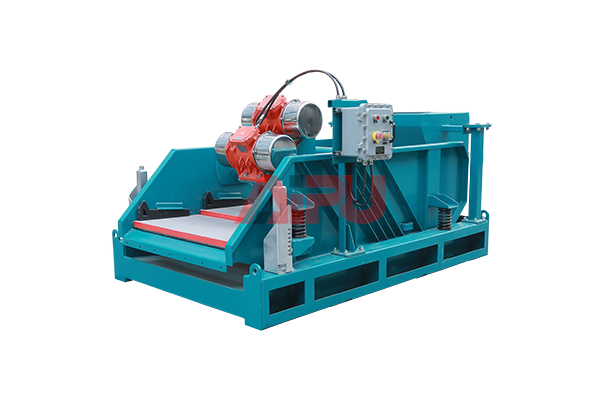The design standards of solids control equipment play a crucial role in ensuring efficiency, safety, and environmental compliance in drilling operations. These standards are developed by industry organizations, regulatory bodies, and manufacturers to meet the demanding requirements of modern drilling projects.
One of the key design standards for solids control equipment is API RP 13C, which provides guidelines for the performance testing of shale shakers. This standard establishes testing procedures for evaluating shaker performance in terms of solids removal efficiency, fluid handling capacity, and screen life. Equipment designed to meet API RP 13C ensures optimal separation of drill cuttings from drilling fluids.
Another important consideration is the structural integrity of the equipment. Design standards require robust construction using high-quality materials that can withstand harsh operating conditions, including vibration, corrosion, and extreme temperatures. The equipment must maintain stability while processing large volumes of drilling fluid under varying pressure conditions.
Environmental protection is another critical aspect of design standards. Modern solids control equipment must incorporate features that minimize fluid loss, reduce emissions, and prevent contamination of surrounding areas. This includes proper sealing mechanisms, efficient fluid recovery systems, and containment structures that meet local and international environmental regulations.
Safety features are equally important in the design standards. Equipment must include proper guarding for moving parts, emergency stop mechanisms, and fail-safe systems to protect operators. Electrical components need to meet explosion-proof requirements for hazardous areas, typically following ATEX or NEC standards depending on the operating region.
Efficiency standards dictate that equipment should maximize solids removal while minimizing valuable drilling fluid loss. This requires precise engineering of components like hydrocyclones, centrifuges, and drying shakers to achieve optimal separation performance. Energy efficiency is also becoming increasingly important, with standards pushing for reduced power consumption without compromising performance.
Modularity and adaptability are growing design considerations. Modern solids control systems need to accommodate various drilling fluid types and operational requirements. The equipment should allow for easy configuration changes and integration with other system components while maintaining consistent performance.
If your project requires solids control equipment, choose Aipu solids control, it will be your best choice.

